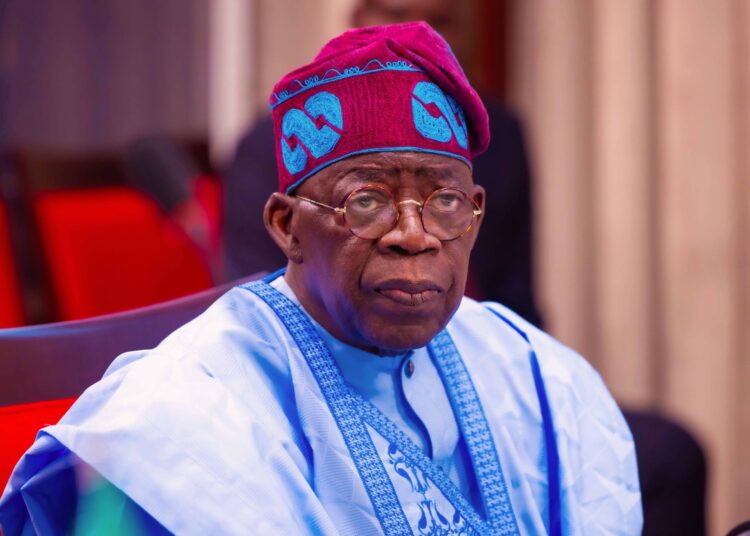Speculations are rife that some form of subsidy is still ongoing in the downstream sector of the oil industry months after President Bola Ahmed Tinubu announced the abrogation of the policy that was excessively abused, fraught with an abysmal lack of transparency and accountability not even to mention the unmitigated corruption that became its hallmark.
Recently, there were widespread rumours that the price of Petroleum Motor Spirit (PMS) may go up from its present N615 per litre to N720 per litre. Considering the hardship already in place as a result of the viral effect of the withdrawal of the subsidy policy, the Nigerian Labour Congress (NLC), in particular, vowed to shut down the country without warning.
This reaction from the labour movement may have put the authorities in a panic mode necessitating the flurry of activity designed to avert such a development this early in the life of the administration. In this connection, the federal government, the Nigerian National Petroleum Corporation Limited (NNPCL) and the independent oil marketers have come out to forcefully claim that there was no plan to increase the oil price from its present levels.
The Special Adviser to the President on Media, Mr Ajuri Ngelale, reacting to this situation, said that President Tinubu was immensely concerned about the hardship Nigerians are going through and affirmed that the government will not increase the price of PMS. NNPCL and the independent marketers joined the government in assuring Nigerians that no such plan was on the table.
Even with these assurances, the apprehension generated by the rumoured price increase has refused to go away mainly because of the differentials between the landing cost of the imported product and the its pump price. Records available indicate that the landing cost of PMS is N651.75 per litre. It is also public knowledge that the pump price is N615 per litre, a difference of N36.75. The figure may seem marginal but considering the volume of the imported product, the amount involved could be in the region of billions if not trillions of Naira. And that is where the curiosity as to who is paying this balance arises. It is no brainer to imagine that the government is picking this extra bill. It may not call it subsidy but there is not other word for it.
It must be understood that policy somersaults are not a novelty in Nigeria. It is, actually, accepted as a part of the governance process which many consider as the bane of the nation’s growth and development. Notwithstanding, and under certain circumstances, such a rethink of policy measure will not be perceived as an act of cowardice. If there is need for the government to change its mind on a particular policy decision so as to buy time to reassess its approaches, it must summon the courage of its conviction to act in that direction. It could even be hailed as proof of honesty of purpose for admitting that it erred in the first instance.
However, and in the opinion of this newspaper, the issue here relates to integrity, transparency and accountability. Nigerians will understand and even appreciate it if the government comes out openly to explain that the subsidy withdrawal matter was hasty and not well-thought through. That it needs a little more time to put in place other parameters that will make the policy work more efficiently. Such procedural trail will not be peculiar to the country. Nigeria has a recent leaf to borrow from Kenya. The trouble with Nigeria is that the leadership class, inexplicably, pretend to be all-knowing and above mistakes and, in the process, things go very wrong irretrievably, irredeemably.
In our considered opinion, a resort to subterfuge intended to surreptitiously bring back fuel subsidy will not only put the government in bad light but also give the impression that the rest of us are fools. For the first time in recent memory, the federal government, NNPCL and the independent marketers are agreeing, unanimously, on the issue of pricing. Industry analysts perceive this alliance among the three key players in the industry as a conspiracy against the consuming public with the intention to undercut them.
For the avoidance of doubt, we are not blaming the young Tinubu administration for the turbulence in the nation’s economy. Or for that matter, the hardship and suffering Nigerians are passing through. He said it himself in one of his national broadcasts that some of his decisions so far were inevitable as not many options are available to him. That is why we are appealing to him to be open to Nigerians in his policy direction on a delicate matter like PMS price having regard to its relevance in the life and wellbeing of the people.





